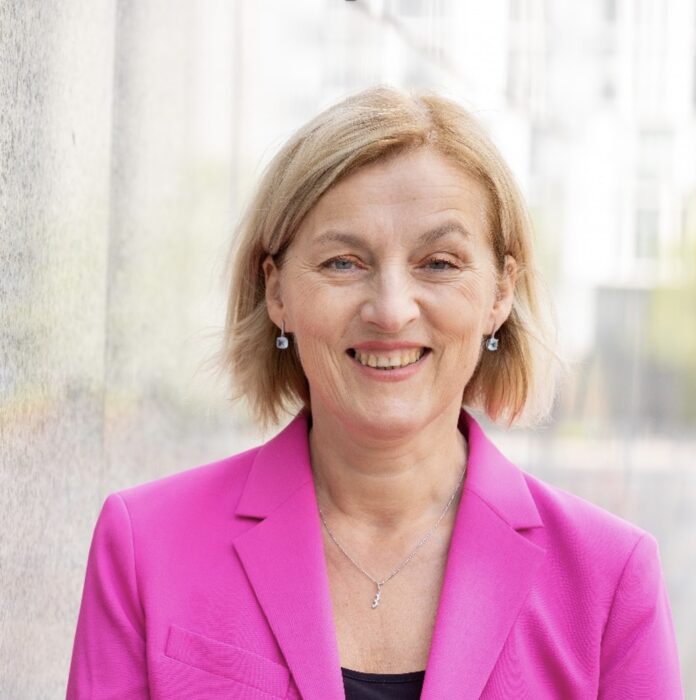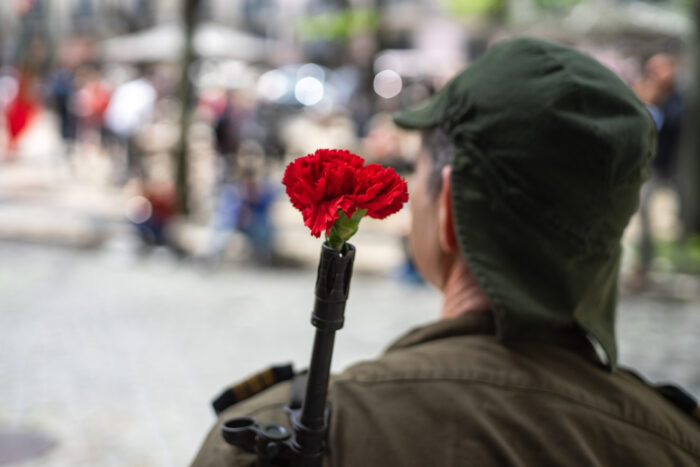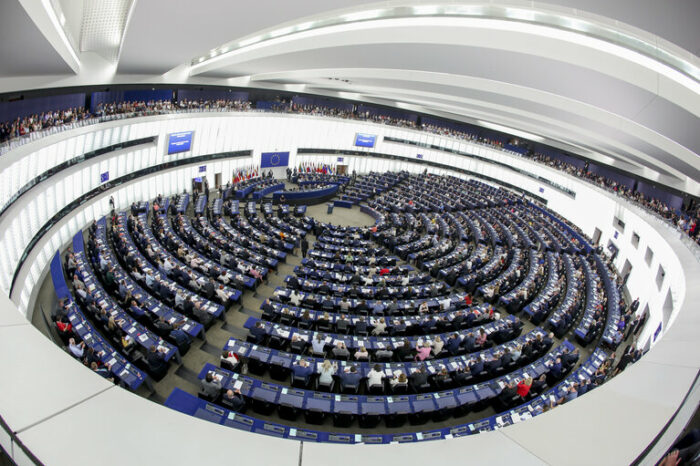The Progressive Post
Women in Politics do matter

Even if the role of women in politics is sometimes perceived as mainly a matter of representation, we know that it is much more. It is important for women to be represented in all levels of politics because women make different decisions than men do. There are numerous studies that show heterogeneous teams outperform groups that only represent one worldview. This is why it is long overdue that politics for our whole society are not only done by and for old white men. I want to shed light on the fact that female politicians bring forward actual political change. Looking back to the past years, much has been achieved for the livelihood of women and girls all over Europe – by strong women in politics.
At the top of the European Institutions, a slow but sure structural transition took place during this legislative term. For example, the European Commission, the European Central Bank and the European Parliament are led by women. In the latter, eight out of 14 Vice-Presidents are female. I am proud to be one of them. Even if there is still much work to be done to make female voices heard in European politics, we can already see positive change brought by all these strong women in positions of power. The fact that more legislation on gender equality has been passed than ever before is already a good indication of this paradigm shift.
Only naming one of many examples, the Women on Boards Directive is the first binding set of rules to set EU-wide mandatory quotas on female representation in corporate boards – a file that was blocked in the Council for over ten years. Luckily, as a team of many capable and eager women, we were finally able to set these rules in stone. As this law was very close to my heart, I encouraged Commissioner for Equality, Helena Dalli, to reopen the law and work on it with us.
The hard work paid off: from 2026 onwards, there will be clear rules on female representation on boards. Large companies will have to meet the target of 40 per cent representation of the under-represented sex, usually women, on non-executive boards, or 33 per cent among all directors. With these rules, we also commit ourselves to objective and transparent hiring procedures, breaking away from hiring patterns that are based on the old men’s club. These rules will change the culture of companies and will have a spillover effect on the whole labour market. From Big Tech companies to the supermarket next door – we want and we will see women at the top.
Another example of a recent political achievement for women is the Pay Transparency Directive. It is a well-known fact that women still earn less than men do. The gender pay gap is currently stagnating at around 13 per cent in the European Union. Therefore, it was about time to give women the necessary tools to change that imbalance and finally claim equal pay for equal work. This law has received significant pushback from conservatives and, in particular, from men in the European Parliament. I did not expect to encounter that much resistance when bringing transparency to employee’s salaries, but realpolitik taught me again that there are many voices – especially from the right political spectrum – that try to hamper every step taken to strengthen women’s position within our society.
Nevertheless, with a very engaged team of female policymakers, we managed to push the legislation through. This means women will finally be able to request information about the salaries of their colleagues in similar positions and compare them. We enshrined in law that clauses forbidding to discuss salary are prohibited. Moreover, we are doing exactly the opposite: we encourage all women to talk about their salary and compare it. This is the first step to gender-equal pay in the EU.
Lastly, the EU’s ratification of the Istanbul Convention was a milestone for women’s rights in Europe. This is a particularly important step as the Istanbul Convention serves as the gold standard for preventing violence and for protecting women against it. As still not all member states have ratified this important document, the EU had to step in. While our chances to win this battle were perceived as very low, we did not give up and ultimately succeeded. This means that, finally, women and girls all over Europe will have a minimum level of protection. Still, we count on the women’s organisation and strong allies to continue their fight in the member states until every one ratifies the Istanbul Convention on the national level.
Also, internally, we managed to stir up some change. Women are frequently victims of harassment in the world of work. This is also the case in the European Parliament, where a recent anonymous survey by MeTooEP has shown that of 1,000 respondents, 48.35 per cent had experienced psychological, 15.88 per cent sexual and 6.69 per cent physical harassment or violence. The anti-harassment package aims to change this. Unfortunately, there was also a lot of backlash, especially by men, in the Committee for Constitutional Affairs. However, I was able to use my position as Chair of the Committee for Equality and later as Vice-President to successfully pass reforms, which are not only taking victims seriously, and allow us to talk about the issue openly, but also will significantly improve safety and respect for everyone working in and for the European Parliament.
In a nutshell, it does make a real difference when women are part of the political game. However, at the same time, I have to admit that sometimes it can be tough being the only woman in a room full of men. This is why I want to reach out to all the allies in the political sphere: help us to make legislation that works for everybody in our society. Whatever gender, ethnic or societal background, it is worth fighting for an inclusive agenda, for a female agenda, because the outcome will have an impact on the lives of thousands of women, of people with a diverse background in the EU. It has an impact on the female employee who earns much less than her male colleagues, or the single mum who finally gets paid minimum wage and can better support her family.
The fight for women’s rights always pays off, and we need more women in positions of power and male allies to help us make this change.
Photo credits: © European Union 2022 – Source : EP




